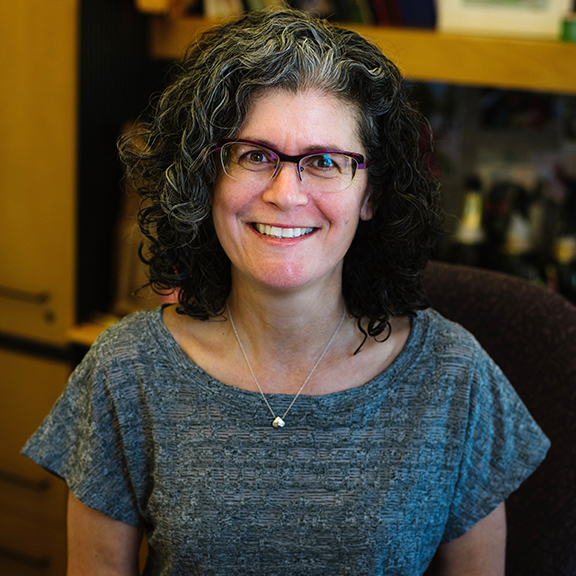TWiM explains how ticagrelor alters the membrane of S. aureus and enhances the activity of vancomycin and daptomycin without eliciting cross-resistance, and the development of a novel continuous disinfectant technology that decreases healthcare-associated infections in…
TWiM describes the mechanism for the S. aureus itch and scratch induced skin damage, and discovery of a novel class of antibiotics that targets the lipopolysaccharide transporter.
TWiM explains personalized aerosilized phage therapy for a chronic lung infection, and using the combination of antibiotic and a DNA molecule that binds alpha-gal to reduce S. aureus infection in vivo.
On this episode of TWiM, we reveal widespread stop-codon recoding in bacteriophages that may regulate translation of lytic genes, and how Staphylococcus aureus inhibits Pseudomonas aeruginosa growth.
TWiM explores the use of a bacterial protein to make highly conductive microbial nanowires, and how modulin proteins seed the formation of amyloid, a key component of S. aureus biofilms.
TWiM presents two unusual microorganisms, Erysipelothrix rhusiopathiae, heard by Elio in an episode of Doc Martin, and Roseomonas mucosa, which is being used to treat atopic dermatitis.
The TWiM team discusses eradicating racism in academia and STEM, and a peptide from commensal bacteria that protects skin from damage caused by MRSA.




